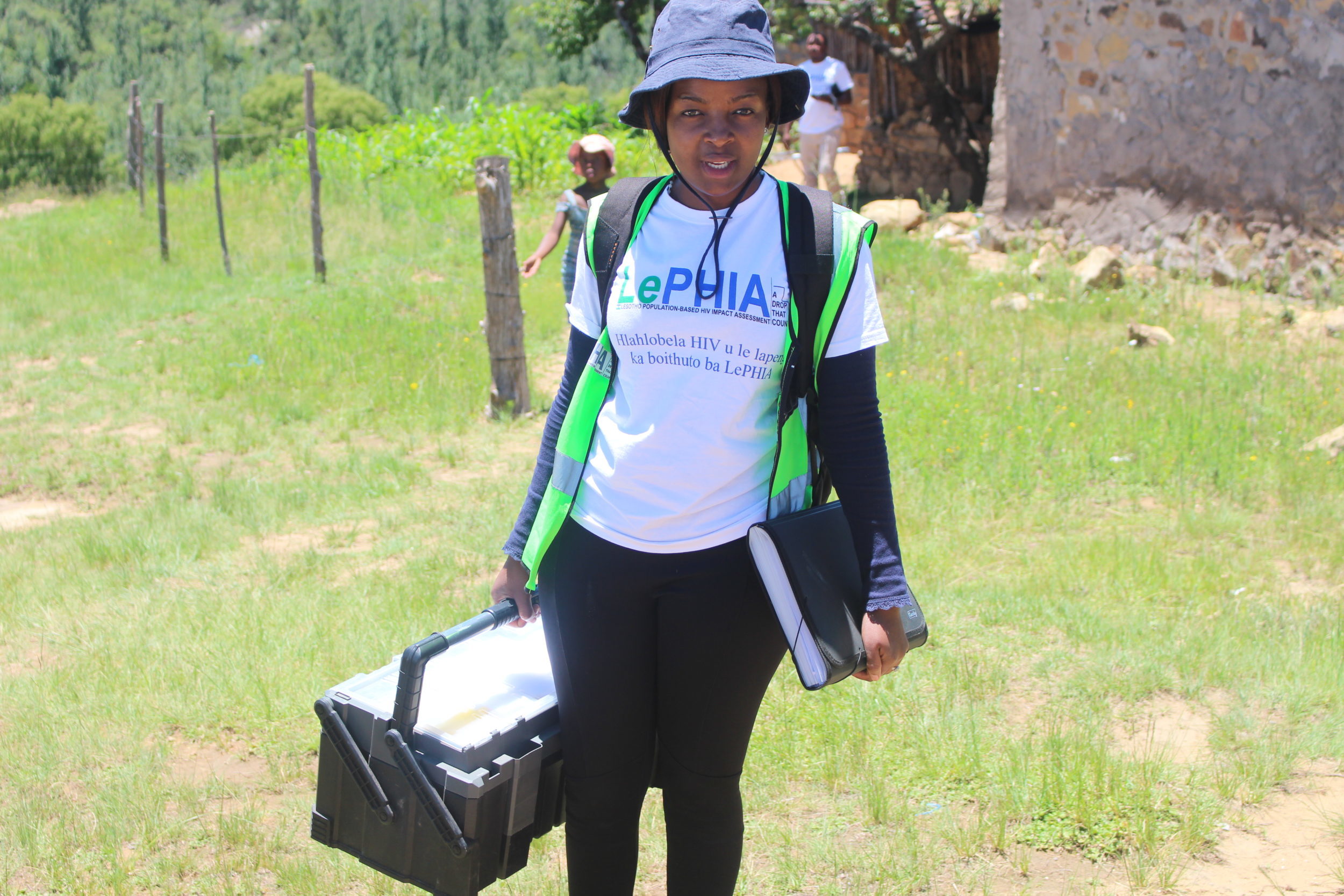LePHIA 2020: Key Findings*
%
Annual HIV incidence among adults
%
HIV prevalence among adults
%
Viral load suppression among adults living with HIV*
LePHIA 2020: 95-95-95 among adults living with HIV
50%
Adults living with HIV who knew their HIV status
75%
Adults who were aware of their HIV status who were on ART
75%
Adults who were on ART who had viral load suppression
*LePHIA 2016-2017 Summary Sheet and Final Report, as well as related reports and publications, can be found below.
Related Resources
No results found.
Recent PHIA News
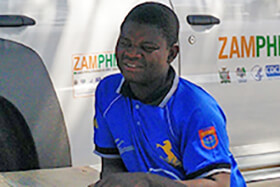
As the headmaster and only teacher at the Ndondo Community School in the rural Mongu District of Zambia in Western Province, Mr. Lambi Chingumbe educates the children of his community on math, English, and science.
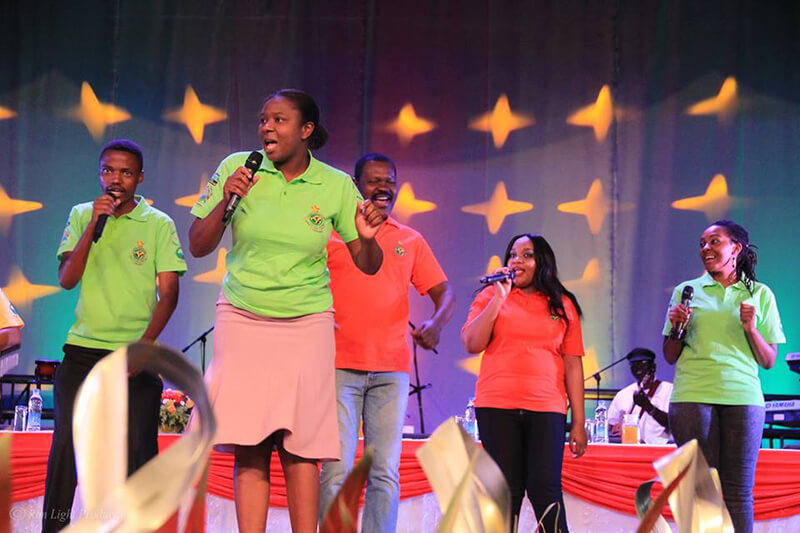
“Knock Knock Knock” is a catchy and up-tempo song, with sunny Afro-jazz beats and a hard-to-forget jingle. More than a hit song on the airwaves of Zimbabwe, it is also an essential tool for public health promotion. (Watch the video, below.)
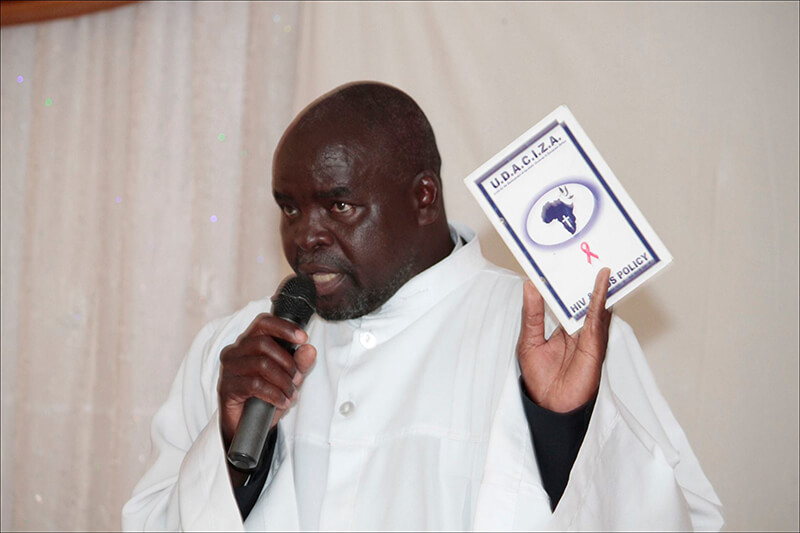
Before the PHIA survey teams begin to knock on household doors, community workers visit selected communities, known as enumeration areas, to help community leaders and members understand some of the sensitivities that surround HIV and to strengthen support for the survey.
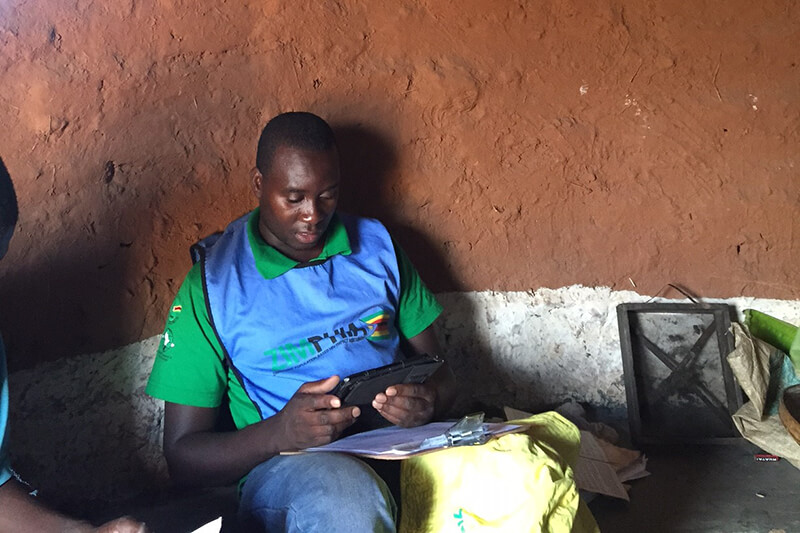
After weeks of training and preparation, PHIA survey teams are on the ground in Zimbabwe and Malawi, equipped with tablet computers and wearing brightly colored t-shirts emblazoned with survey logos.






